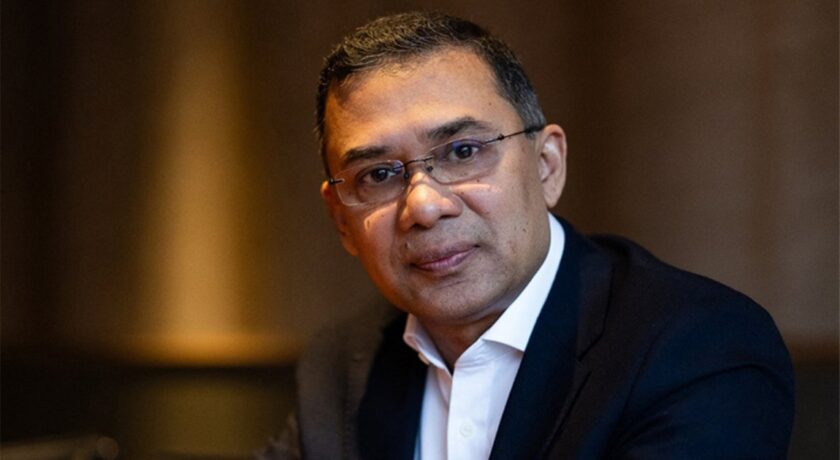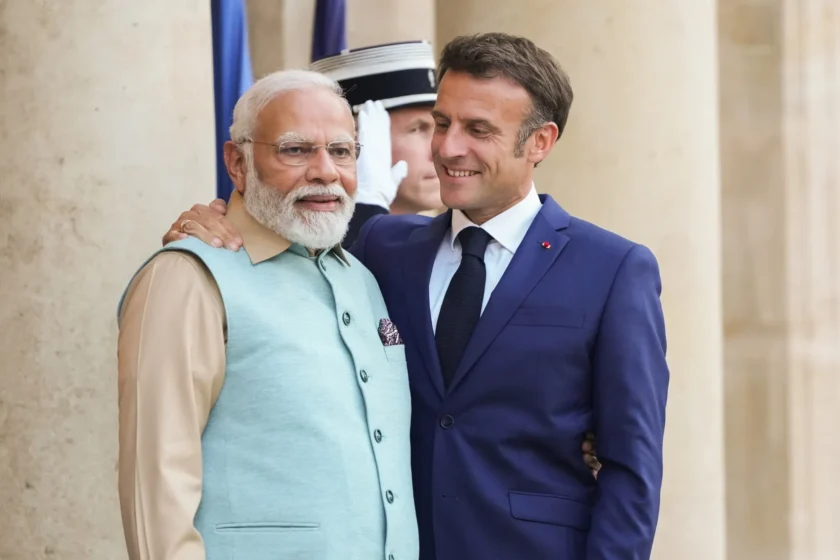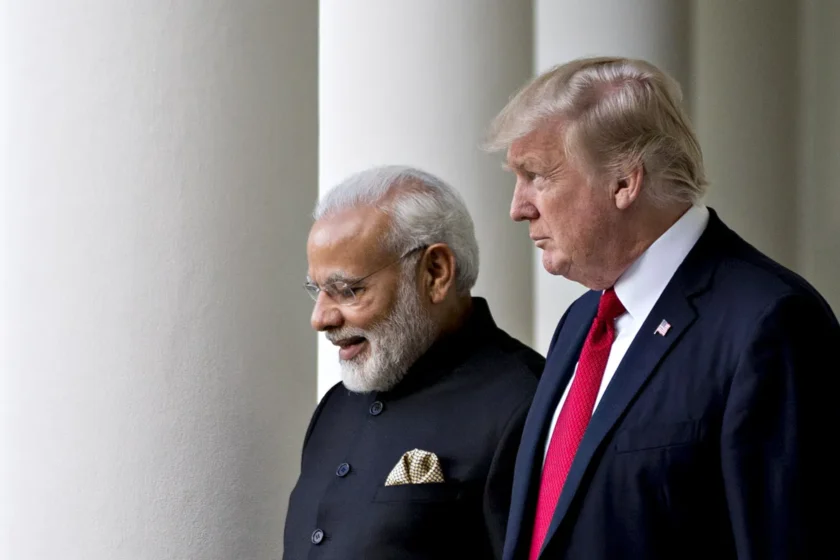Toronto: In the latest development in a series of tense exchanges between Canada and India, the Canadian government has allegedly provided confidential information about India’s foreign interference activities to The Washington Post, a move that has sparked controversy. This revelation comes amid heightened scrutiny after Prime Minister Justin Trudeau accused the Indian government of involvement in the murder of Hardeep Singh Nijjar, a Canadian Sikh activist, in June last year.
According to The Globe and Mail, Nathalie Drouin, National Security and Intelligence Advisor to Prime Minister Trudeau, admitted to a Canadian parliamentary committee that non-classified information related to India’s alleged interference in Canada was provided to the U.S.-based Washington Post. Drouin stated that the decision to share the information was part of a communications strategy intended to secure U.S. media support in Canada’s efforts to address foreign meddling.
Drouin emphasized that the Canadian public was not informed of this information, though she added that federal opposition leaders received a similar briefing. The decision to provide The Washington Post with details was made independently and did not require explicit approval from Trudeau, she stated. “The communications strategy, reviewed by the Prime Minister’s Office, was meant to detail Canada’s cooperation with India and the evidence linking India to threats against Canadian citizens,” Drouin explained.
The exchange of information came shortly before Canada expelled six Indian diplomats on October 13. This unprecedented move followed India’s alleged refusal to allow Royal Canadian Mounted Police (RCMP) officials to travel to New Delhi to present evidence of India’s interference, according to Drouin’s testimony. On October 10, an RCMP team attempted to meet with Indian counterparts in Washington, D.C., but Indian officials reportedly failed to attend the scheduled meeting.
Raquel Dancho, a member of the Conservative Party, criticized Drouin’s acknowledgment of the leak to the U.S. publication. She questioned why this information was shared with foreign media but kept from the Canadian public. “It’s unfair to Canadians that they have to learn these details from a U.S. newspaper,” Dancho argued, pointing to a lack of transparency by Canadian officials.

In response, RCMP Commissioner Mike Duheme defended the decision, stating that public disclosure of certain information could interfere with ongoing criminal investigations. He clarified that while the RCMP selectively releases information related to investigations, he did not find the information given to The Washington Post directly relevant to the Canadian public at that time.
This diplomatic friction comes on the heels of longstanding allegations by India that Canada has allowed anti-India and extremist elements to operate within its borders. Following Trudeau’s accusations of India’s involvement in Nijjar’s assassination, India dismissed the claims as “absurd and politically motivated.”
The National Investigation Agency (NIA) of India has linked Nijjar, who was killed outside a Sikh temple in Surrey, British Columbia, to alleged terrorism-related activities and has named him in an ongoing investigation. The NIA also has six cases open against Gurpatwant Singh Pannu, a Canadian and U.S. citizen whom India has designated a terrorist for alleged activities against the Indian state.
As both nations continue to grapple with these allegations and counter-accusations, Canada and India find themselves embroiled in one of the most contentious foreign interference cases in recent history, with lasting implications for diplomatic relations.









